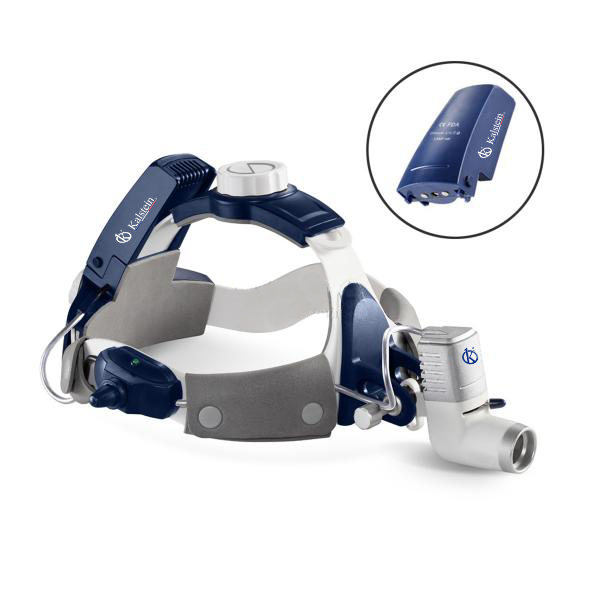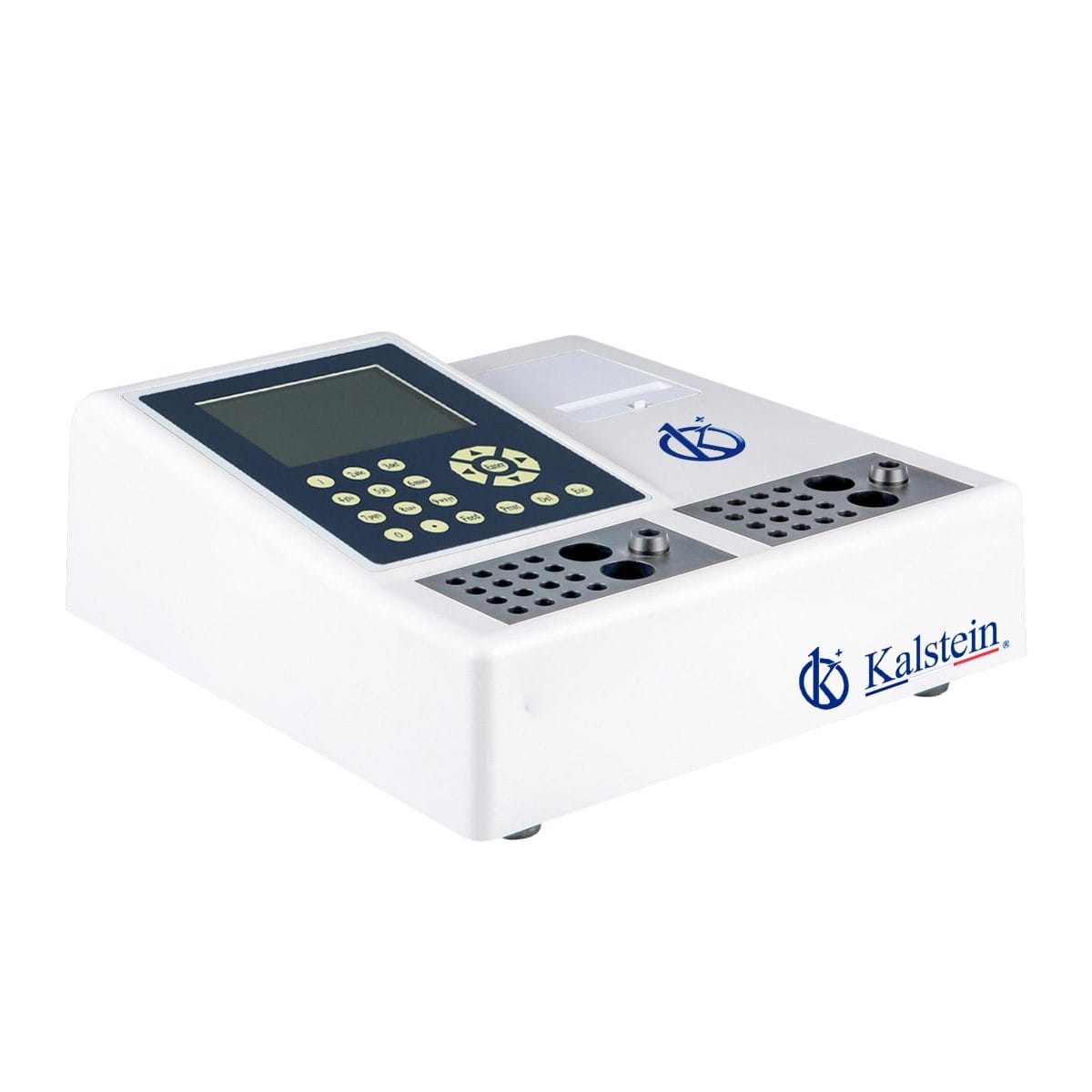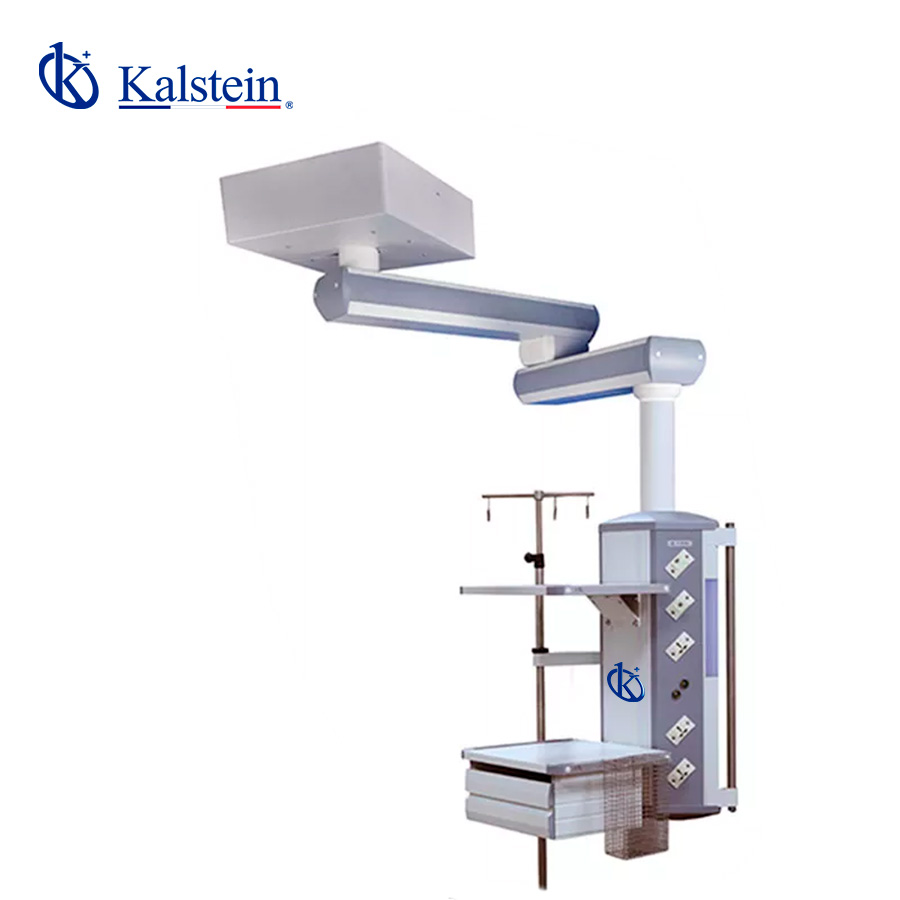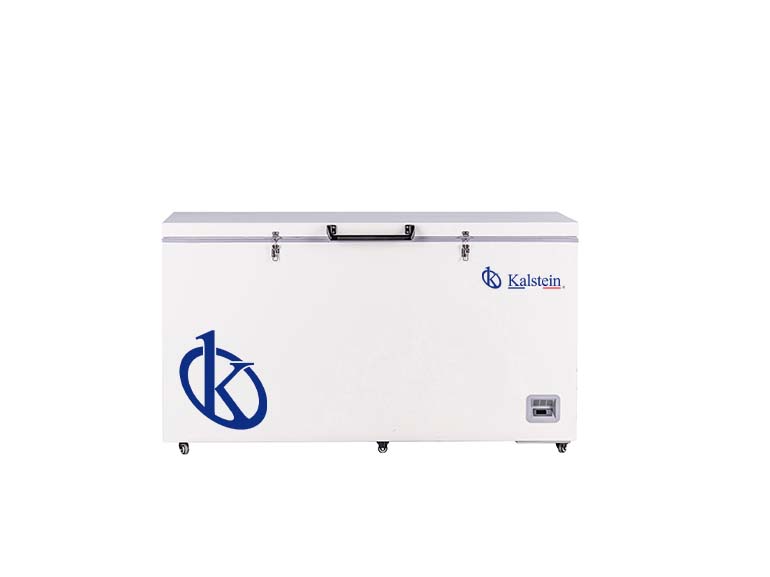Veterinary lamps have significantly evolved, now offering advanced technologies that enhance the quality of illumination in surgical and diagnostic procedures. Having used various lamps in my clinic, I can attest to the considerable difference modern innovations make in our veterinary practices. These lamps provide clear and consistent light, crucial for performing precise and safe procedures.
What impresses me most about these lamps is their versatility and efficiency. The ability to adjust the intensity and focus of the light allows adaptation to different types of procedures, from minor surgeries to more complex interventions. Additionally, many of these lamps are designed with LED technology, ensuring a long lifespan and reduced energy consumption, benefiting both the environment and our budget.
Are you yearning for top-tier medical equipment, ready to enhance the efficiency of your laboratory? Visit https://kalstein.co.uk/category-product/veterinary-sector/veterinary-lamps/ to explore our high-end catalog, packed with the best finds at the most competitive prices. Excellence marks our brand, we innovate and manufacture high-precision equipment, both reliable and durable to meet your needs. Why wait? Make your quick and secure online purchase, take the leap towards the future of medical technology today. https://kalstein.co.uk/
Features of Veterinary Lamps
Modern veterinary lamps stand out due to several essential features. One of the most important is the quality of light. LED lamps offer bright, uniform illumination that produces no shadows, essential for optimal visibility during procedures. Adjustable color temperature is another key feature, allowing clear and precise tissue visualization.
Another notable feature is mobility and ease of use. Many lamps are mounted on articulated arms or have rolling bases, facilitating precise and comfortable positioning around the patient. Furthermore, these lamps are typically easy to clean and maintain, which is crucial for maintaining high hygiene standards in the clinic.
Why Do Veterinary Lamps Have This Price?
The cost of veterinary lamps may seem high at first glance, but it is important to understand the factors contributing to their price. Firstly, the LED technology incorporated in these lamps not only offers better light quality but also has a much longer lifespan than traditional bulbs. This reduces long-term costs in replacements and maintenance.
Additionally, high-quality lamps usually include advanced features such as adjustable intensity controls, versatile mounting options, and durable materials. All these ensure that the initial investment translates into reliable and long-lasting performance, which is essential in a clinical setting where precision and safety are priorities.
Compare Veterinary Lamps with Similar Products
When comparing veterinary lamps with other similar products on the market, it is evident that there is a wide range in terms of quality and functionality. For instance, lamps from Praxisdienst and MedicalExpo offer good options but tend to lack some advanced features found in Kalstein lamps, such as precise intensity regulation and superior material quality.
On the other hand, Hillrom lamps are known for their durability and light quality. However, Kalstein lamps stand out due to their unique combination of technological innovation and energy efficiency, along with an ergonomic design that facilitates use in various clinical contexts. This combination of features and benefits makes Kalstein lamps a superior option for any veterinary clinic.
Pros and Cons of Veterinary Lamps
|
Pros |
Cons |
|
High-quality LED illumination |
High initial cost |
|
Long lifespan of lamps |
Requires professional installation |
|
Low energy consumption |
Some options may be bulky |
|
Adjustable color temperature |
Needs regular maintenance |
|
Mobility and ease of adjustment |
Limited availability in some regions |
|
Ergonomic design |
May require additional accessories |
|
High durability and resistance |
Training necessary for optimal use |
|
Reduced shadows and high visibility |
Dependence on stable power supply |
Advantages of These Veterinary Lamps
One of the main advantages of veterinary lamps is their ability to provide constant, shadow-free light, which is essential for precision in any surgical procedure. This feature significantly reduces the risk of errors during surgeries, improving patient outcomes. Additionally, the LED technology used in these lamps is not only more energy-efficient but also produces less heat, creating a more comfortable working environment for both the veterinarian and the patient.
Another important advantage is the versatility of these lamps. Thanks to their articulated arms and mobile bases, they can be easily adjusted for different types of procedures and patient sizes. This not only enhances the veterinarian’s comfort while working but also increases the clinic’s operational efficiency, allowing more procedures to be performed in less time.
Other Benefits of These Veterinary Lamps
Besides the mentioned advantages, these lamps offer additional benefits such as durability and ease of maintenance. LED lamps have a much longer lifespan than traditional bulbs, meaning fewer replacements and lower long-term costs. Moreover, many of these lamps are designed to be easy to clean and disinfect, which is crucial in a clinical setting to prevent infections and maintain high hygiene standards.
Ergonomics is also a highlighted aspect. The lamps are designed to be easy to handle and adjust, with intuitive controls that allow the user to precisely regulate the light’s intensity and focus. This not only improves the user experience but also contributes to safer and more efficient procedures.
User Reviews of Veterinary Lamps
User reviews of veterinary lamps are mostly very positive. Many veterinarians highlight the improved light quality and visibility these lamps provide, enabling them to perform procedures with greater precision and safety. The durability of these lamps is also highly valued, offering reliable performance over time without frequent replacements.
In my experience, these lamps truly make a difference in daily practice. The ability to adjust the light intensity and ease of movement allows the lamp to be adapted to any clinical situation, significantly improving comfort and efficiency. Reviews from other veterinary colleagues also confirm these benefits, emphasizing that the initial investment is quickly justified by the results obtained.
Frequently Asked Questions
How Long Do Veterinary LED Lamps Last?
Veterinary LED lamps typically have a lifespan of approximately 50,000 hours, which translates to several years of intensive use in a clinic.
Are Veterinary Lamps Easy To Install?
Yes, most lamps come with detailed instructions and can be installed by professionals in a short time.
Is It Possible To Adjust The Light Intensity?
Yes, many modern veterinary lamps allow adjusting the light intensity to suit different procedures and needs.
Do Veterinary Lamps Consume A Lot Of Energy?
No, LED lamps are very energy-efficient, consuming less electricity than traditional bulbs.
Can The Lamps Be Easily Moved Within The Clinic?
Yes, many lamps are designed with rolling bases or articulated arms that facilitate mobility and positioning.
What Is The Typical Warranty For These Lamps?
The typical warranty for veterinary lamps varies between 1 and 5 years, depending on the manufacturer and specific model.
Conclusions on These Veterinary Lamps
In conclusion, veterinary lamps represent an essential investment for any clinic seeking to improve the quality of its procedures and patient safety. The combination of advanced technology, energy efficiency, and durability makes these lamps an indispensable tool. Personally, I have seen a significant improvement in the precision and efficiency of procedures thanks to these lamps.
Moreover, compared to other brands, Kalstein lamps stand out for their innovation and quality. Although the initial cost may be high, the long-term benefits justify this investment, providing superior illumination that contributes to better clinical outcomes and greater satisfaction for both the veterinarian and the patients.




